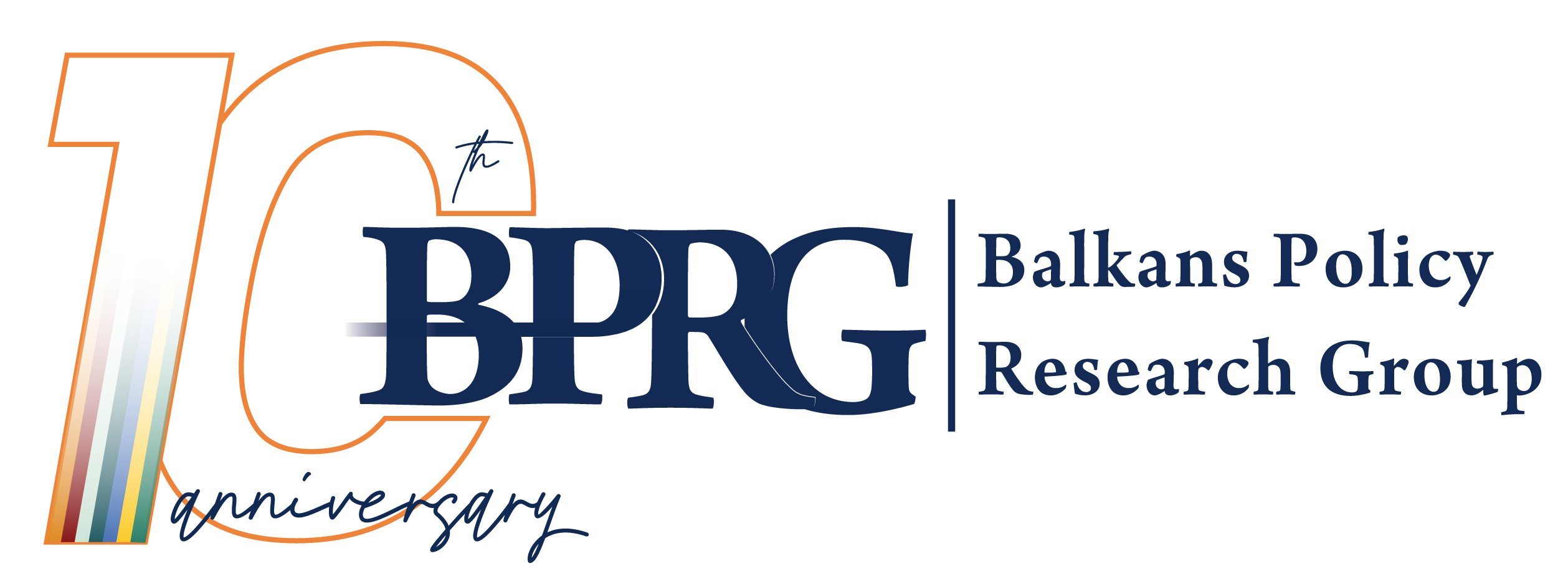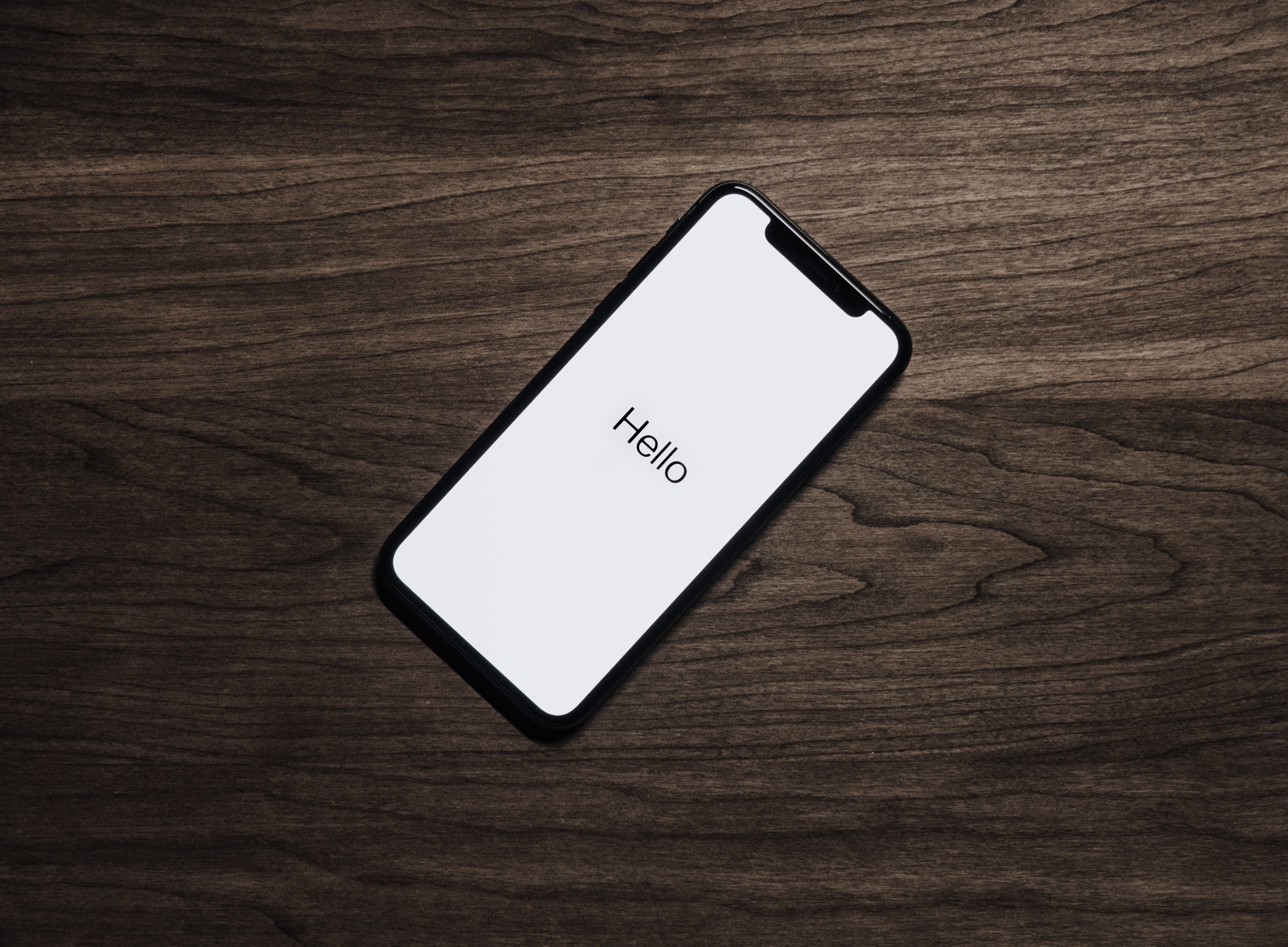“Dear consumer, the old code +377 as of now is no longer functional. Please use the new country code +383”.
This was a message that one of the mobile service providers in Kosovo was sending to its clients, notifying them that the country code has changed, after the agreement between Prishtina and Belgrade was reached during the technical dialogue facilitated by the European Union. This also signified the beginning of the new Kosovo identity in the area of international telecommunication.
The technical dialogue facilitated by the European Union started in 2011. Telecommunication was one of the topics discussed with the aim that the agreement will further contribute to the normalisation of the relations between the two parties. The agreement on telecommunication, as a result of negotiations facilitated by the EU was reached in September 2013. It enabled Kosovo to acquire the international phone code (+383) as specified by the International Telecommunication Union (ITU). The creation of the opportunity for Kosovo to have its own international code was expected to bring order among unlicensed providers in some areas of Kosovo, predominantly inhabited by Serbian community.
Unlicensed providers had operated almost in all of Kosovo’s territory after the war. This practice caused day to day issues, especially for Serbian citizens of Kosovo. Dragana, a student in Mitrovica North University, says, “With my 064 number (Service provider from Serbia), I had to be in certain areas within Kosovo, in order to be able to communicate with my family in North Mitrovica. Now I don’t even have to think about this issue. That’s why I feel free to move”.
Based on the agreement on telecommunication, Kosovo is now present in online telecommunication registers and it enables its citizens to use only one phone code for local and international calls. Kosovo citizens, especially of the Serb community, are not obligated to carry two phones, one for communicating in Kosovo, and the other for communicating with Serbia. The lack of this agreement had also impacted the peace initiatives at the regional level; a member of a regional organisation claims, “Communicating with my colleagues in Belgrade, I had to be in the office, using a landline, and this was limiting. Now I can respond to urgent work calls, and when I travel to Belgrade I can communicate with my mobile number without having to buy a local number”.
Before this agreement, there were three phone codes in use in Kosovo, including the one of former Yugoslavia (+381). Mobile calls were restricted according to the recognition of the service providers. Because of this, the agreement was particularly beneficial for people living in Mitrovica, whose life is connected to both sides of the river; Senad, living in Bosniac Mahalla in the northern shore of river Ibër, says, “My life is connected to both sides and to both telecommunication systems. Having the telecommunication regulated, I hope will help in regulating our lives too”.
The agreement is expected to increase the security in telecommunication, controlling the landline and mobile communications’ traffic. Kosovo’s budget revenues are also expected to increase, as there will be no use of foreign country codes. To illustrate, mobile service operator Vala, due to the use of the Monaco prefix (+377) has paid approximately 200 million euros since its establishment in 2000.
Kosovo will be able to offer better and safer telecommunication services as well as more favourable prices for its citizens, having in mind that the managing server of this code will be in Prishtina.
An important aspect of the agreement is also the accordance on defining the frequency border between Kosovo and Serbia, to be implemented at a later stage. It includes the harmonisation of the use of the spectre for the GSM signal and television, including digital broadcasting, with the intent of assuring services based on ITU principles and avoiding interferences as outlined in article 2 of this agreement. This enables Kosovo to develop its digitalisation program in accordance with international standards and in line with EU’s Digital Agenda of Europe, as well as to harmonise the use of GSM spectre and television signals, including the landline digital broadcasting. The agreement also foresees both parties to achieve a bilateral roaming agreement, in accordance with other regional initiatives. Member states of EU have already removed all roaming tariffs for the EU countries zone.
Before this agreement, the mobile calls between Kosovo and Serbia where not possible within their respective territories. Kosovo mobile operators were not recognised by Serbia, whilst Kosovo authorities banned the unregistered Serbian mobile operators. Veselin, member of the Serbian community from the south of Kosovo, states, “I think that this agreement has enabled a healthy competition between the service providers that function here, including the Serb ones. Now we can use the benefits of different attractive packages, offered by service operators in Kosovo without feeling handicapped even in communication with our families in Serbia”.
Having seen all the results, it can be concluded that this is one of the most successful agreements resulting from the process of the technical dialogue, facilitated by the European Union. Kosovo and Serbia are implementing the agreement, and are further expected to reach an agreement for mailing services, since deliveries towards – and from – Kosovo have difficulties reaching their destination if they go through Serbia. In fact, even here the agreement on telecommunication has had an effect, detailing these issues in Article 5 of the Brussels Agreement for Telecommunication.
Gazmir Raci has been a civil society activist in Kosovo until 2010, part of the Ministry of Administration Publication of Kosovo during 2010 as chief of staff, a political science student and part of Kosovo government’s team in the technical dialogue in Brussels from 2011 to 2017. During this time, he was the political coordinator for the agreements reached on telecommunication, customs revenue collection in the north, revitalization of the Iber bridge in Mitrovica, development fund for the north, cadastre, and more.
This article has been produced with the financial assistance of the Royal Norwegian Embassy in Kosovo and the European Union. The contents of this publication are the sole responsibility of Kosovo-Serbia Policy Advocacy Group and can in no way be taken to reflect the views of the Royal Norwegian Embassy or the European Union.

